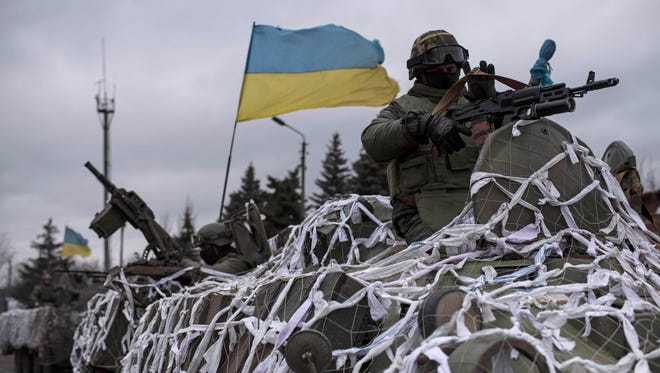
By Tapiwa Gomo
WE are living in a world so hard to predict because of the too many moving pieces impacting our social, economic and political situations. While the murkiness of the global situation might have become denser with the Russia-Ukraine war, signs were already on the wall that the world was bracing for major changes. We just did not know from which direction the changes would come.
The situation is still unfolding with no definite hegemony occupying the political space, with China and Russia angling towards a multi-polar idea. However, it is clear that the United States of America (US) and its Western allies are losing the war they were never part of. They chose to indirectly join the war instead of playing the role of an arbiter. As they are counting their losses and pondering why they did not choose the diplomatic route, they may as well review their relations with the “other” world, that is if they still view themselves as the central global power.
Long before the start of the Russia-Ukraine war, the US was struggling to reposition its economy after two years of the COVID-19 pandemic. Unemployment rates started spiking as early as April 2020 to records not seen since the 1930s. The country’s employment collapsed as the labour market shrank by more than 20 million jobs. Production dropped massively and this and other factors saw the US economy shrinking by 3,4% — the worst since 1946 — a year after the end of the Second World War.
While the threat of the COVID-19 pandemic remains, its impact has been easing on economies and the US has officially proclaimed the end of coronavirus recession, enabling it to implement an economic rebound strategy. There are some gains and gaps alike. The low income-earning groups are yet to be lifted from COVID-19 pandemic-related losses.
Broadly, part of the response to the coronavirus recession was to implement quantitative easing — which simply means printing more cash and injecting it into the market to improve liquidity. The US Federal Reserve Bank accelerated this process to the extent that about 80% of the US currency circulating in their domestic and global markets was printed between January 2020 and October 2021. That is roughly over $20 trillion dollars.
By the beginning of the third quarter of this year, there were concerns that the US economy was on the verge of a major inflation. While these measures were celebrated at US major markets such as the Main and Wall streets, reality seems to be dawning on them amid concerns that the government’s efforts to prevent inflation by raising interest rates and quantitative easing are driving the country towards a recession. Economists have cautioned that it may take another 18 months before the economy can fully recover from inflation due to a huge monetary overhang. It is a self-inflicted crisis.
The negative impact of its economic sanctions on Russia have not helped, but worsened its situation. It has had to look for alternative suppliers to replace Russian imports. That too has slowed down and dented economic recovery. As it may seem, what the US and the West have dumped as part of implementing their sanctions, has been taken over by those countries friendly to Russia. That means as US and the West grapple to find alternative suppliers, someone is quickly stepping in to take over Russian exports. It is a dog-eat-dog situation.
- Chamisa under fire over US$120K donation
- Mavhunga puts DeMbare into Chibuku quarterfinals
- Pension funds bet on Cabora Bassa oilfields
- Councils defy govt fire tender directive
Keep Reading
For that reason, Russia has remained resilient and resistant both on the military and economic fronts because it has not stopped trading. This is not to say its economy has not suffered the impact of sanctions or the war, but with its oil export revenue increasing by up 50% since the start of 2022 and the country now earning close to $20 billion per month in sales, Russia is on the rebound.
There is also the question: whose morals must govern the world? The US and the West as champions of democracy and free market policies, have demonstrated high levels of capriciousness and double standards. The war in Ukraine has exposed that their policies and moral positions are governed by their economic interests and protecting their race than the general well-being of everyone in the world.
This is why today, their sanctions on Russia have failed to discourage other countries outside Europe from trading with Russia. Some are seeing that as an opportunity to stimulate their economies without going via US middlemen. Still on the Western double standards, despite the public noise condemning Russia, the European Union has not imposed an oil embargo on the former — thus Russia remains the top oil supplier in the region. So who is fooling who here?
As if that is not enough, despite earlier resistance by European Union countries to refuse to comply with Russia’s demands to pay for their gas in ruble (Russian currency), latest reports show that some 20 European natural gas companies have opened accounts with Russian private banks to facilitate transactions in ruble. Over a dozen more are on the queue processing their paperwork to trade in the Russian ruble. Russia is aware that Europe cannot do without its gas and used that to sustain its sanctions-battered economy.
- Tapiwa Gomo is a development consultant based in Pretoria, South Africa. He writes here in his personal capacity.











